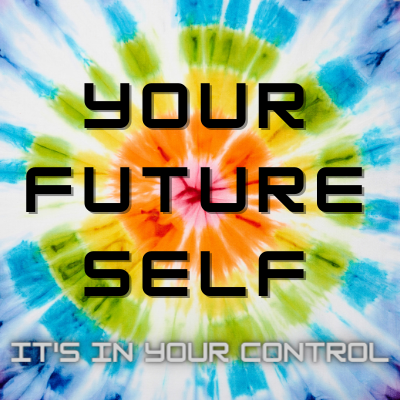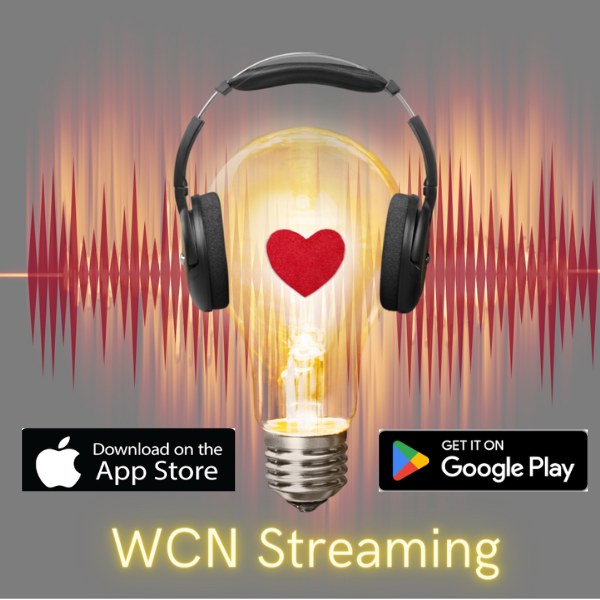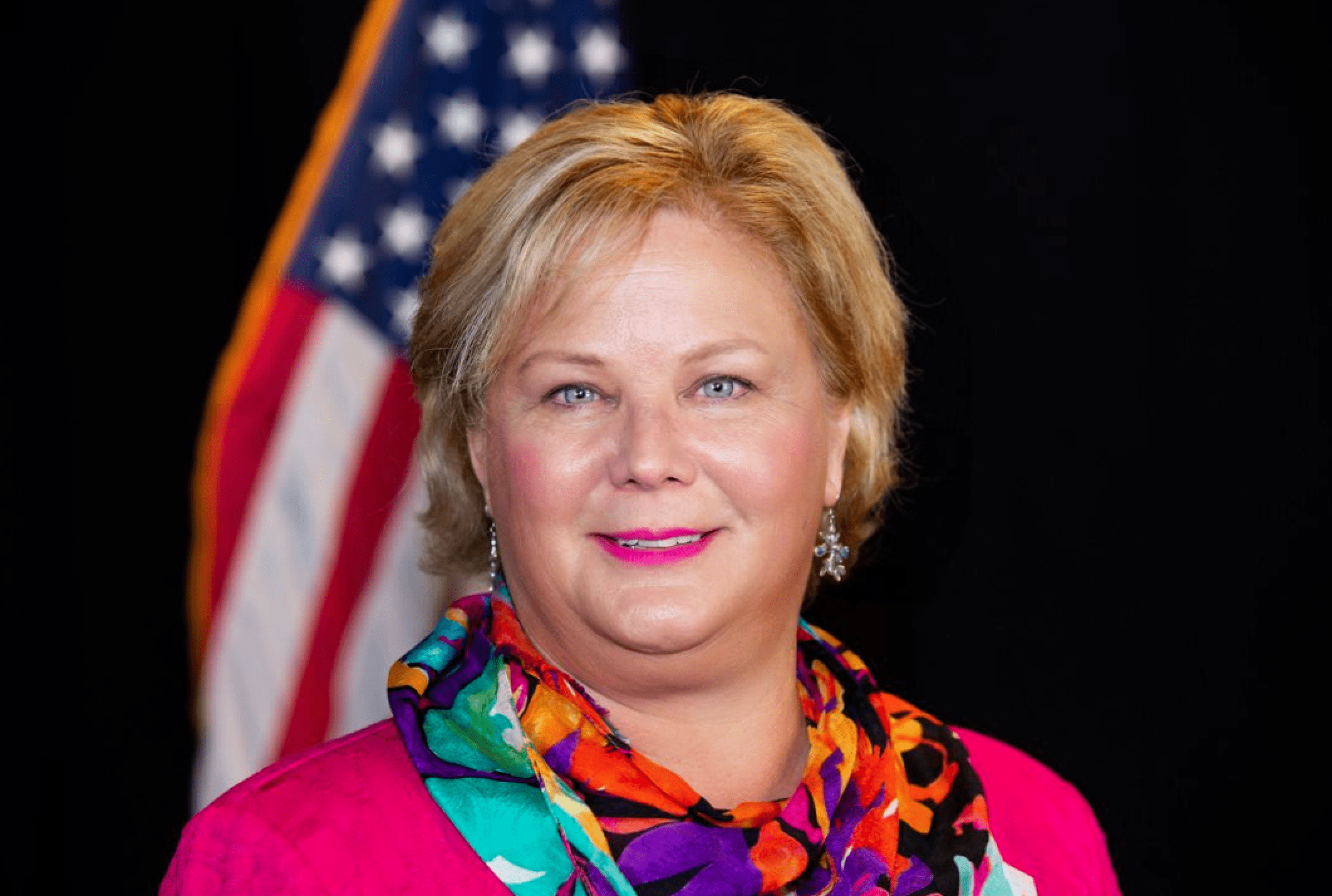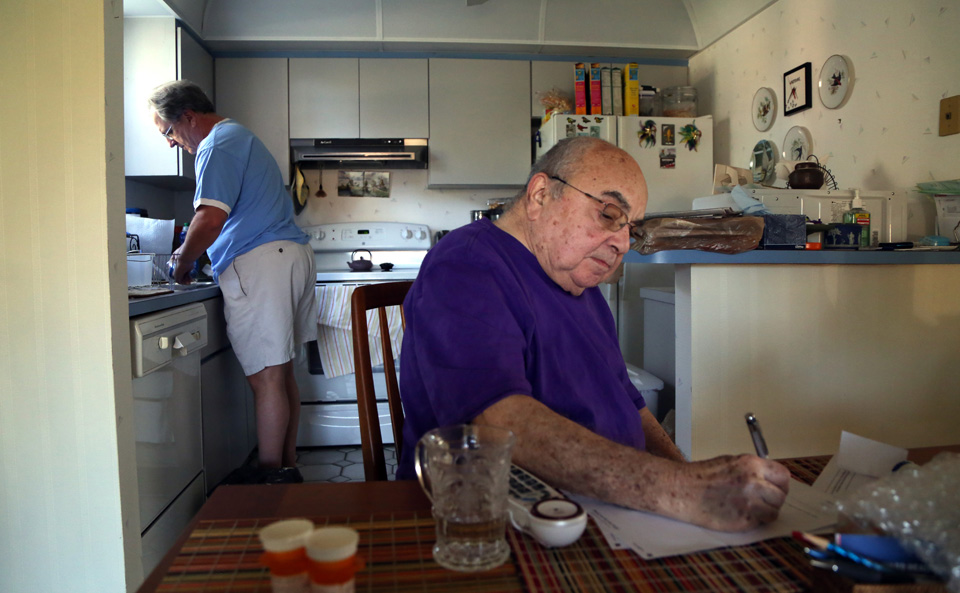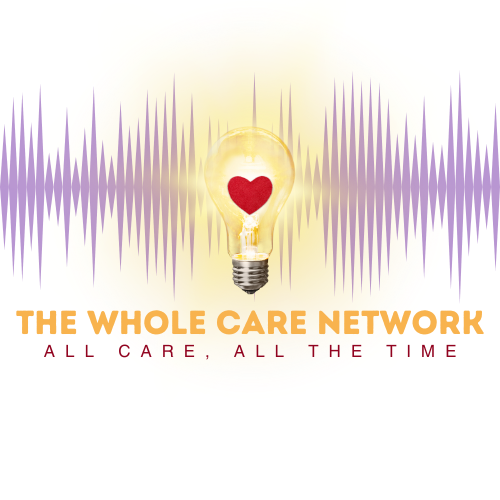
Caregivers Connect with the Whole Care Network
Celebrating National Family Caregivers Month
Meet our guest blogger, Christopher MacLellan
It is my pleasure to introduce the founder and CEO of the Whole Care Network, Christopher MacLellan. Chris is a born advocate for vulnerable people. He is a highly skilled communicator on radio, television, and in person. He is a social worker, caregiver, and business owner who continues to innovate in these changing times.
Today’s blog post is unique. The first topic is Chris’ experience as a caregiver and the needing care. The second half of this blog post features Chris the businessman. He is a born leader in the care community.
What Caregiving Taught Me
I was fortunate to have some of the best mentors throughout my caregiving experience for my partner, Richard. I learned how to interact with medical personnel and the legal system, I knew how to advocate for him, I learned about all his medications, and I learned how to administer shots. I learned how to do everything for him because I always wanted to take his pain away. I truly learned from the best!
While Richard and I had very few disagreements during our caregiving experience, at times, I was often left to wonder…” Why didn’t he take my advice on … “or, “I can’t believe he didn’t ask me for help with getting his …” as well as “he knows I will help him at a moment’s notice, why didn’t he ask for my help.”
Walking in My Partner’s Shoes
You see, while I might have learned how to be his caregiver; however, I was never fully able to understand the personal impact of a life-threatening illness, the loss of independence, and the need for help on such mundane things as getting up out of a chair, help in the shower, not to mention dealing with mortality that Richard was facing while undergoing cancer treatments, until I needed a caregiver. Sure, Richard and I had quite a bit of meaningful conversations throughout our caregiving journey, some of which were very hard, and while I knew everything he wanted, I was never fully able to grasp the emotional impact of needing a caregiver, and what that all meant, until I went through my own personal health calamity.
My Health Crisis
Leading up to my heart procedure in 2021, I recognized my energy level was just not where I wanted to be. The intensity of atrial fibrillation had taken a physical and psychological toll on me, and there were nights when I left my advance directives on my desk, in plain sight, in case there was an emergency. Heck, I learned keeping your advance directives close was one of the major components of being a good caregiver advocate!
When my cardiologist suggested an ablation procedure to help relieve the atrial fibrillation, I was all in! I asked all the right questions and used all my caregiving experience to communicate with the healthcare personnel, I organized a ride to and from the hospital, and I put a plan in place to have my family called once the producer was completed so they would know my condition. I was being my own advocate!
My Recovery
Then I went home.
During my recovery, I was struck by how difficult it was to ask for help to get out of the chair simply. I had a difficult time admitting I couldn’t get in and out of the shower on my own. It was equally hard accepting help while toileting, getting dressed, and helping me in and out of bed. Dealing with the loss of being able to do everyday tasks was difficult, mind-boggling, and humbling. Then it hit me… these was the same emotions Richard was dealing amid his treatments. WOW…I had been totally clueless about the impact of losing your independence until I needed help with those mundane tasks, we take for granted.
Lessons Learned
Caregiving is an emotional experience, but the emotions and realities are different for the care partner, and the care receiver. I couldn’t grasp the difference between these two diverse realities until I had the experience of needing them for myself. In essence, my experience of needing a caregiver was only in theory, not in personal reality. Being a caregiver is completely different than needing a caregiver. My care experience allowed me to come full circle and realize that losing the ability to do things for yourself is not only emotional but difficult to accept. Now I know, firsthand, why Richard didn’t take my sage advice on those caregiving days that left me to wonder about what I was doing wrong.
Caregiving School is Cool
The Whole Care Network University is an innovative way to educate and train caregivers at the right time with the right education. The University site says it best, “Successful caregiving takes more than one person. So, we built you a village. Members get direct access to discussions with our experts, monthly live education, and curated resource suggestions. The best way to connect and get what you need… when you need it.”
REUNIONCare Joins the Whole Care Network
“Alone we can do so little; together we can do so much.” Helen Keller.
REUNIONCare has joined forces with Whole Care Network to reach more of the family caregivers and the care professionals that serve vulnerable people. In fact, Chris and I have been collaborating for years. You can hear our discussions on the’ It Takes a Team to Care’ and “Your Future Self” using the WCN Streaming app.
